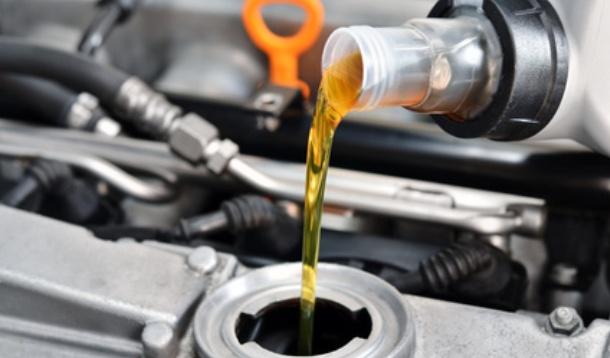
As I write this blog post, I’m anticipating a lot of people will disagree with me… I’m going to be writing about something that a lot of you don’t want to hear. In fact, I’ve avoided writing about this for a while now because many will disagree with me. Alas, I feel convicted to say it like it is. Whether you agree with me or not – this is based on my experience in the automotive industry.
If you are leasing a car and intend on returning it, this article doesn’t apply to you. Keep doing the bare minimum per factory maintenance schedule and it’s all good.
But if there’s even the slightest chance that you’ll be keeping the car beyond its warranty period, read on.
The Only Secret To Maintaining Your Vehicle
Traditionally, oil changes were done every 3 months or 5,000kms – whichever came first. Nowadays, oil changes range from every 6,000kms to 10,000kms. If you drive a luxury vehicle, your oil change intervals can be as long as 25,000kms. Yes, synthetic engine oil and premium oil filters will extend the intervals – but how long is too long?
Understand that your manufacturer’s warranty is highly calculated. And that’s not a knock against the manufacturers. They rightly have to calculate their warranty period – that’s good business sense! But remember, it’s no different than the warranty on your kitchen appliance or vacuum cleaner, roof shingles, life insurance premiums, and the like. Very calculated.
There are many reasons for extending the maintenance intervals. Yes, vehicles are designed better and require less maintenance. However, the intervals that some of the manufacturers recommend need be looked at with this in mind: the manufacturers are interested in the minimum amount of maintenance required to support their factory warranties.
There’s a sales benefit to having longer maintenance intervals too. Let’s pretend you’re in the market to buy a new car. What if I told you I had a car that didn’t require a lot of maintenance – let’s say an oil change or two every year, and that I would cover the first 2 years of factory-scheduled maintenance… that would be a pretty good perk, wouldn’t it? From a manufacturer’s standpoint, the fewer scheduled maintenance I have to cover, the better… hence the benefit of extending the maintenance interval.
If You See This Type Of Residue Underneath Your Engine Cap Take Your Car To A Mechanic
Sure engine oils are better today than they were a few years ago – BUT the demands of your engine is that much more now. For example, the engine oil used to be responsible for lubrication and cooling. Nowadays, engine oil is sometimes relied upon for engine timing in ‘eco’ modes. There are tighter clearances between moving parts in the engine, oil filters are getting smaller, and the list goes on. Following the factory maintenance schedule will get your engine out of the warranty period, but don’t be surprised if it has accelerated wear beyond that.
We still recommend the standard interval - 3 months or 5,000kms whichever comes first (synthetic oils get 4 months or 8,000kms). If you're curious enough, ask to see the oil coming out of your engine the next time you get your car serviced. It’s ultimately your choice – decide how much you expect out of your car and take care of it accordingly.
Read "Common Scam: Cheap Oil Changes" and "Think Twice About Asking For Your Car's Tune-Up" for more car maintenance tips!